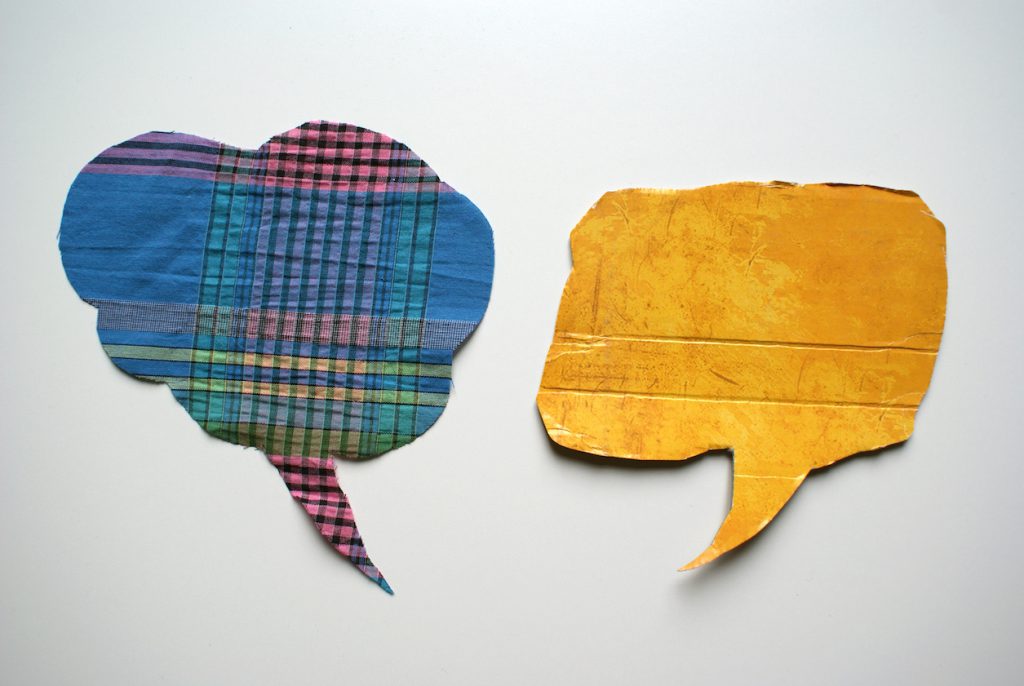In January 2017, we wrapped up the training week for the inaugural class of the AAAS Community Engagement Fellows Program (CEFP), funded by the Alfred P. Sloan Foundation. The first cohort of Fellows is made up of 17 scientific community managers working with a diverse range of scientific communities. As they continue to develop their community engagement skills and apply some of the ideas and strategies from the January training, the Fellows will report back on the Trellis blog, sharing their challenges, discoveries, and insights. Today, in part one of a two part series, Dr. Stephanie E. Vasko describes the custom workshop she helped facilitate during the training week.
Posted by Stephanie E. Vasko, Research Associate and Program Manager for the Toolbox Dialogue Initiative (TDI) at Michigan State University

On Jan 11, 2017, the Toolbox Dialogue Initiative (TDI, represented by Dr. Michael O’Rourke, Dr. Stephen Crowley, and Dr. Stephanie E. Vasko) ran a custom workshop for the initial cohort of AAAS Community Engagement Fellows at AAAS Headquarters in Washington, DC.
The TDI approach is rooted in philosophical inquiry and involves working with teams to design custom workshops that help them achieve specific goals such as enhancing collaborative capacity, improving communication, or identifying power dynamics. Workshops begin with participants reading and reacting to survey items that focus on the individual and group values, assumptions, and views of participants. Teams then spend time in a lightly-structured dialogue, giving them the opportunity to unpack values, views, and assumptions and to reflect on the prompts.
We also offer teams the opportunity to capitalize on breakthroughs in the dialogue through customized brainstorming activities focused on using what the dialogue has uncovered to create next steps towards team goals. TDI has run 215+ workshops and works nationally and internationally with teams from different backgrounds, including academic researchers, non-profit and NGO employees, and members of the public.
For TDI, the journey from our main office at Michigan State University in East Lansing to the CEFP training in DC was a very interesting one. Building on connections formed with the Trellis team at the 2016 Science of Team Science conference, we conducted a mini master class on the Toolbox approach for the Communities for Science Communication (C4Sci) group on Trellis and then offered a mini-Toolbox experience for interested members of the Trellis community. When Lou Woodley, Community Engagement Director at Trellis and CEFP Program Director, asked us if we would be willing to run a Toolbox workshop for the cohort, we enthusiastically agreed. In reflecting on the burgeoning relationship with AAAS, TDI Director Michael O’Rourke commented, “AAAS and Trellis are communities of people who recognize the value of paying attention to process, especially when it comes to complex scientific research and practice.”
The TDI workshop for the Community Engagement Fellows was designed with two goals in mind:
1) To introduce the Fellows to structured dialogue techniques (the Toolbox technique in particular)
2) To deepen the Fellows’ thinking about the nature of both their home community and the CEF community they are creating.
Due to the size of the group, Fellows were divided into two separate but simultaneous dialogue groups to discuss the prompts.
Across the two individual groups, the following themes emerged:
– What it means to be a community engagement manager
– The skills required to be an effective community engagement manager
– The relationship between research and work as a community engagement manager
– The relation of community engagement managers with leadership and stakeholders
– What qualifications support good working relations
– How information should be shared/managed
– Gender and community engagement
– How to manage equality vs. equity in the context of a community.
After lunch, the Fellows were placed in smaller discussion groups for a brainstorming activity facilitated by Dr. Vasko that focused on merging the takeaways from the dialogue portion of the workshop with the Community Guidelines/Code of Conduct document created earlier in the week under the guidance of Aurelia Moser from The Mozilla Foundation. TDI is grateful to the CEFs for an engaging and enlightening discussion around the brainstorming activity and we look forward to integrating their feedback into our future activities.
A post-workshop questionnaire sent to the Fellows revealed that, overall, they enjoyed the TDI experience and it helped the cohort identify some of our different ways of thinking about community engagement.
For more information on the Toolbox Dialogue Initiative, please check us out at http://www.toolbox-project.org or please contact us at toolbox@msu.edu if you are interested!